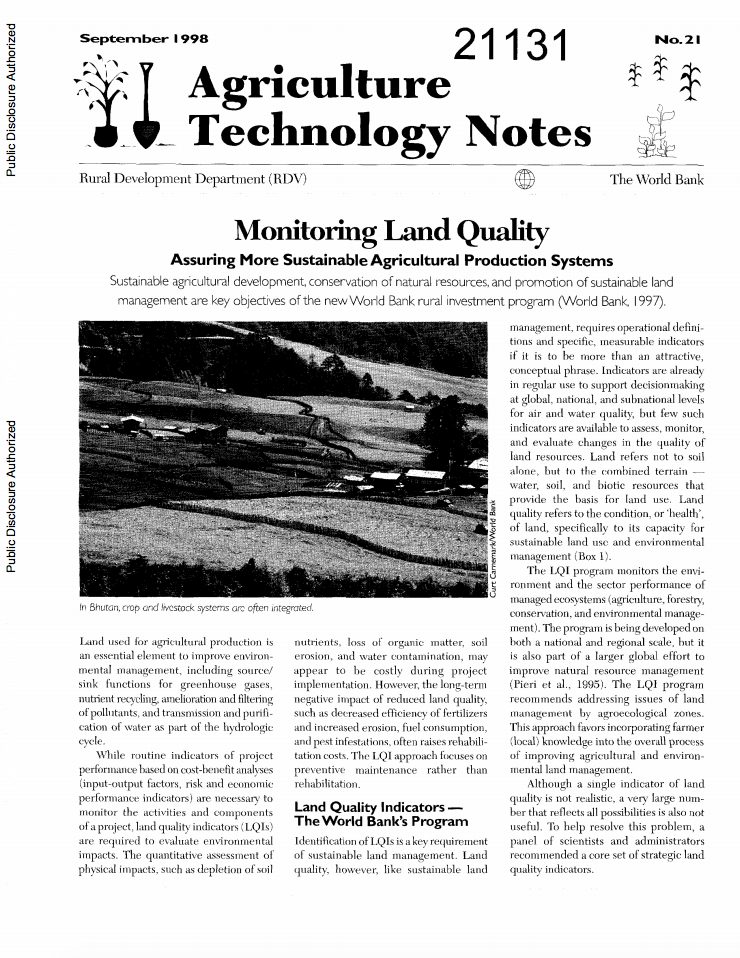Analysis of rural landscape structure use in Southern Lithuania
Rural landscape of the southern part of Lithuania as well as its use is analysed in the article. The defects of land reclamation system cause the rise of deserted lands. Dampness and bagged up soils are a large obstacle for the proper use of deserted lands. One more reason is lands of low productivity. The third reason of the rise of deserted lands is the shortage and default of perspective farmers and agricultural companies who are able to lease and cultivate land.





